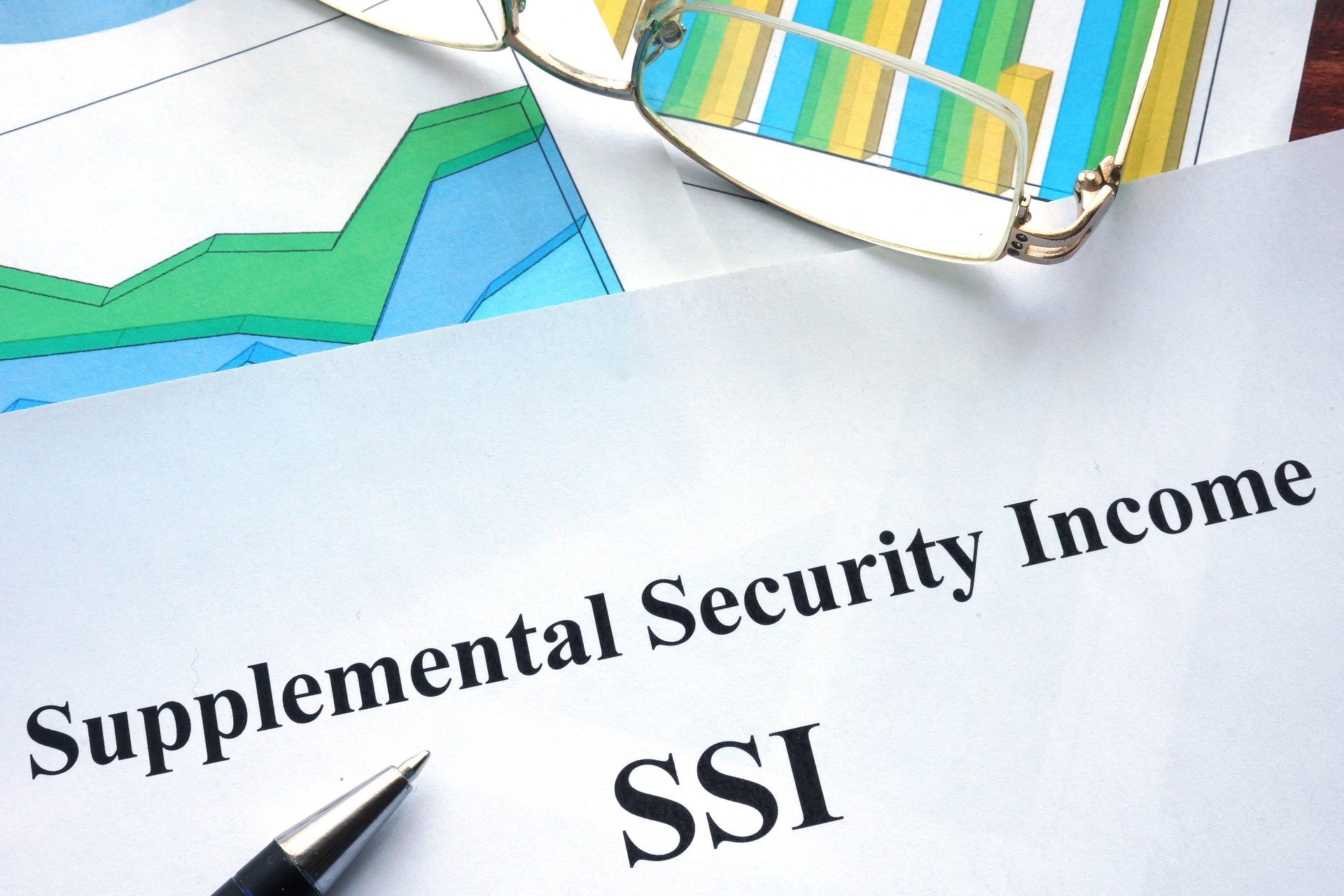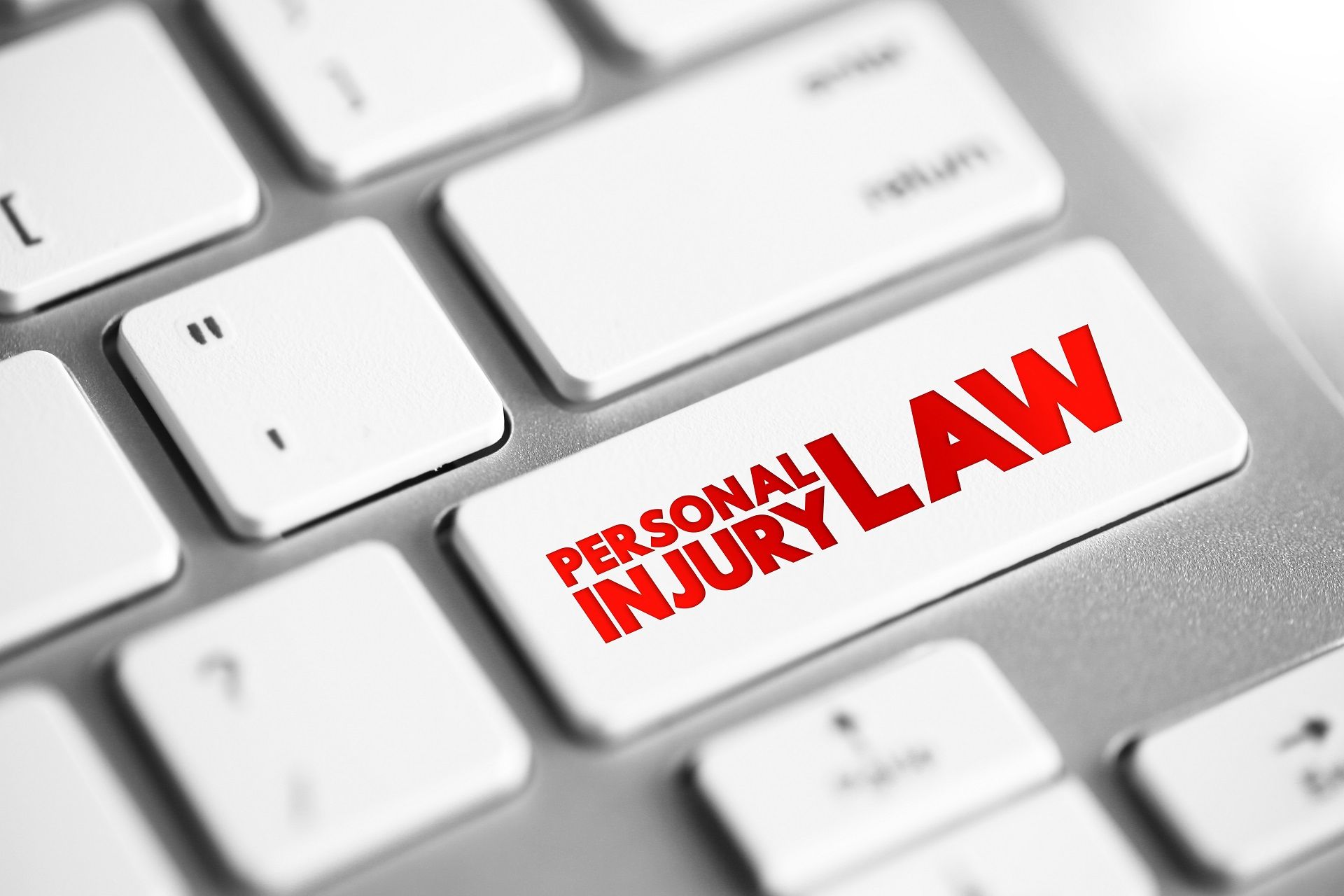Everything You Need To Know About Deposition Transcripts

Depositions are common in discovery as they provide all parties with the knowledge of what each witness will state at the trial. Since they are so important, by extension, so are deposition transcripts.
An accurate deposition transcript is crucial for trial preparation and other important practices such as trial impeachment or appellate review.
In this post, we take a closer look at deposition transcripts and how court reporters manage to produce an accurate deposition transcript.
What Is A Deposition Transcript?
A deposition transcript is a written record of witness testimony at a deposition, created by a court reporter. It represents a complete record of everything stated by the individuals present in the room.
Legally speaking, the transcript from the deposition carries the same weight as testimony obtained in front of the judge. During the factual discovery process of a lawsuit, parties will perform a deposition on witnesses. After this is completed, the transcript will serve as evidence in the trial.
Use Of Deposition Transcripts In Court
Parties involved in the case can use the deposition transcript as evidence in the trial once they notify their intention to do so and indicate whether they’ll use the record in its entirety or just select extracts.
Transcriptions can be powerful in the context of a trial because that version of the facts is obtained under oath. This means the particular testimony can be used to contradict evidence from the court record or even solidify the factual basis of the claim by corroborating other evidence.
A good example is using a deposition record to impeach a witness at a trial. This is a tool that can be employed to raise doubts about the credibility of the witness under court rules of procedure. In other words, you’re attacking the trustworthiness of the witness by contradicting them on their sworn testimony, which can be effective if witness testimony is key evidence in a case.
How Accurate Are Deposition Transcripts?
One word: very.
Court reporters are trained to produce transcripts that capture testimony at a deposition word for word. There’s no creativity involved here, reporters simply transcribe everything that was said exactly in the matter it was said.
Still, this isn’t easy to do, especially since all the details (down to punctuation) need to reflect the context precisely. The same applies to the jargon used by the witness, meaning court reporters often have to ignore properly written formulations in favor of accuracy.
The full version of the transcript may take a few weeks because the process can be quite arduous.
First, the reporter must attend the deposition where they can use a recording device or a stenotype to record the conversation. Afterward, they may work with a scope to generate a rough draft of the transcript. The next step is proofreading the text and making sure it correctly reflects what was discussed at the deposition.
The court reporter will then do a final review, after which they’ll issue a certificate confirming the transcript is an accurate representation of the deposition’s content.
Can Transcripts Be Corrected Later?
In some circumstances, making corrections to the transcript is necessary. For instance, you may discover a critical issue with a key piece of information in the transcript. Fortunately, it’s possible to disclose your findings in writing to the court reporter and provide a substantial explanation of the issue.
The court reporter will consider the suggestion and if it’s proven to be right, they’ll enclose the changes to the original version of the transcripts to show that edits have been made.
Accepted Deposition Transcript File Formats
Transcripts can be prepared in a wide variety of formats such as:
1. Paper
The old-school method is still widely used, and many courts will require filing a paper version of the transcript if it’s to be entered into evidence. A paper transcript is also useful as it’s natural to navigate and as such, is a common sight at many trials.
2. PDF
PDF is the closest approximation of the physical deposition transcript for the reason it can be viewed in the same way as if you received it on a piece of paper. This is why it’s the most frequently used format today.
For starters, everyone has Adobe Reader or other type of software which allows them to open PDF files. The biggest reason why PDF is more useful than paper is that the transcript will be searchable, allowing you to easily find words or phrases with the search function.
3. E-transcripts
E-transcripts format is similar to PDF in terms of navigation, yet the only drawback is that opening this file requires a dedicated e-transcript viewer. Although this software is available for free, most courts and legal professionals still prefer PDFs due to their widespread popularity.
4. ASCII
ASCII is a raw text file format that doesn’t have an outline or any formatting. As such, it can be transferred into any word processor where it can be edited. While this means that a transcript in ASCII is customizable, it’s rarely used as the defacto format for a deposition transcript.
Ai And Deposition Transcripts
Technology is advancing at a rapid pace, so it’s no wonder that legal proceedings too are being revolutionized. For evidence of the technological leap in the legal industry, look no further than AI-powered software that allows reporters to produce transcripts in real time.
By leveraging natural language processing and machine learning, the software can produce highly precise verbatim transcripts of depositions. This allows court reporters to share a rough draft at the end of the deposition but also cuts down on the time required to create the final version.
As a result, the entire process is automated since court reporters only need to proofread and review the transcript without the necessity to manually type out anything.
Accuracy Matters
A deposition transcript is one of the most important pieces of evidence in court as it presents a realistic reflection of a witness’ testimony under oath. Because of this, accuracy matters and court reporters must ensure that all the minute details are literal as can be.
After all, there is too much on the line and a transcript from the deposition may be the piece of the puzzle that decides the outcome of the case
RECENT POSTS
CONTACT US
We will get back to you as soon as possible.
Please try again later.
Evaluation Request
Contact Us
We will get back to you as soon as possible.
Please try again later.
Contact
Contact Us
We will get back to you as soon as possible.
Please try again later.
All Rights Reserved.
This website is managed by Oamii.







